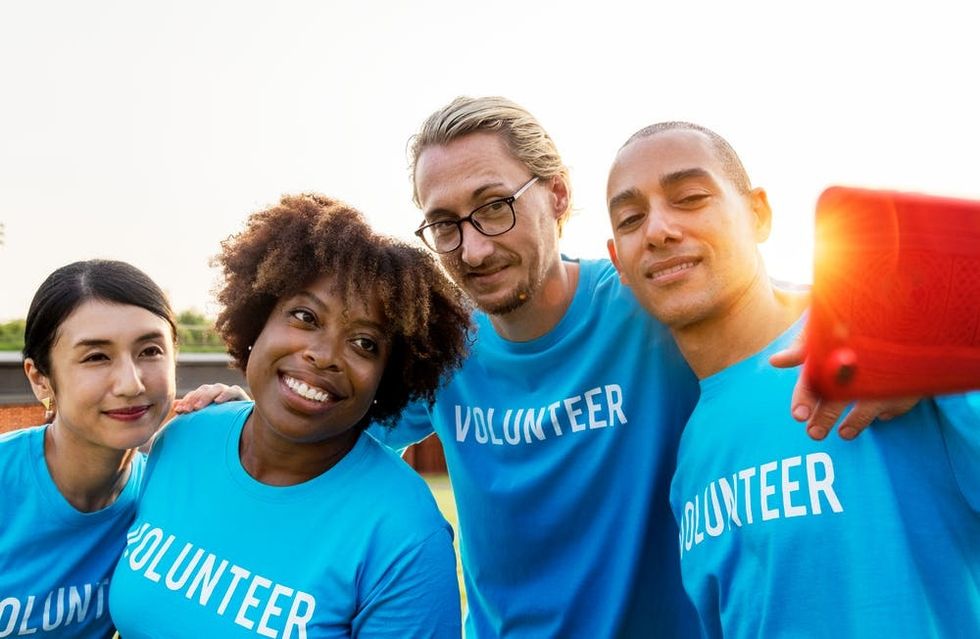When the word "medicine" comes to mind, we often default to the typical scenario of sitting in a clinic with a physician examining you and prescribing medication. The word also brings into mind ways to convince medical schools that you really are the cream of the crop and can handle the rigor expected of a practitioner. The path to even secure admission to medical school is difficult, and one way to tell medical schools that you understand how practicing medicine actually works is by volunteering countless hours in a clinical setting.
In my case, I have been volunteering at a physical therapy outpatient facility operated by Stony Brook Medicine for a few months, slowly accruing hours for my eventual AMCAS. My duties include cleaning the various machines and weights used by patients to gradually rebuild their strength, bringing used linens to the basement to be laundered, filing charts that are no longer needed by the therapists, and in some cases directly observing and interacting with patients. In fact, one of my favorite activities is preparing hot and cold packs for either the cervical or lumbar regions of the body to either make soothe the patients' muscles or reduce inflammation. In all honesty, it is an awesome volunteer experience for me...only with the drawback of being 3 miles away, thus taking me an hour to walk from my room (I don't have a car).
As I continually started my routine each day that I came into the center, I kept thinking to myself, "Why can't I interact with patients nearly as much as I'd like to? Why am I stuck doing the grunt work?" But then another thought rushed into my consciousness: everyone has a part to play. The therapists are not the center of the show. Sure, they interact with patients the most and are the face of the facility to the patient, but there is another layer that is just unseen to the patients, the behind-the-scenes operations that the volunteers undertake. Volunteers are meant to supplement the doctor-patient interaction, and getting a good understanding of that concept is, in my opinion, a great hallmark to becoming a doctor.
Every doctor is not alone, and they are just team players in the grand scheme of things to make the patient's visit more comfortable. Volunteers might not be as important as doctors in terms of interacting with patients, but they are more important in terms of taking care of the grunt work that doctors just don't have the time to complete. As volunteers, we do indeed make a difference in the lives of patients, albeit indirectly. By taking over the mundane and seemingly nonessential tasks of a doctor, we give them more breathing room to put the patient at ease. Reflecting on this fact, I'm quite honored to be a volunteer at Stony Brook Medicine; it's been an exciting (if not exhausting) journey so far! Here's to more hours of learning how to be a team player and making a tangible impact on my community!

















